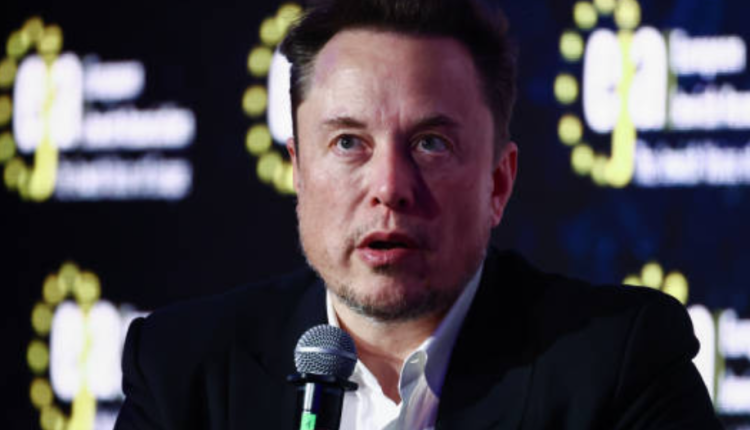Elon Musk’s Warning: Chinese EV Firms to Outshine Rivals, Posing a Threat in the Absence of Trade Barriers
Tesla CEO Elon Musk issued a stark warning on Wednesday regarding the competitive threat posed by Chinese automakers in the global electric vehicle (EV) market.
Speaking during a post-earnings call with analysts, Musk emphasized that without trade barriers, Chinese companies, particularly BYD, could demolish their global rivals.
This assertion follows recent developments where BYD, supported by Warren Buffett and known for its affordable models and diverse lineup, surpassed Tesla as the world’s leading EV seller in the last quarter, despite Tesla’s aggressive price reductions through 2023. Musk’s concerns are not unfounded.
Tesla’s strategy of slashing prices to attract customers and compete with high borrowing costs has strained its margins, prompting Musk to caution that the company is nearing the natural limit of cost reductions with its current product offerings.
To counter this, Tesla plans to introduce a more affordable compact crossover, codenamed Redwood, by mid-2025 and commence production of its next-generation EV in Texas in the latter half of the same year.
Meanwhile, Chinese EV manufacturers, benefiting from a well-established supply chain and government support, are rapidly expanding globally.
Musk’s Outlook on Collaboration

Despite challenges such as low brand awareness and concerns about reliability and safety, Chinese firms are innovating in areas like in-car technology and battery swapping, positioning themselves for future growth overseas.
However, the competitive landscape may shift with policy changes. Both US President Joe Biden and former President Donald Trump have expressed concerns about China’s dominance in the EV market, with Trump advocating for stronger tariffs on Chinese imports.
Additionally, Europe has initiated investigations into imposing tariffs on Chinese EVs to protect its own producers.
Amid these developments, Musk stated that while there are no immediate plans for partnerships with Chinese rivals, Tesla remains open to sharing its charging network and licensing technologies like self-driving.
Ultimately, the future of the global EV market hinges not just on tariffs but also on policy measures that support domestic manufacturers in building resilient supply chains. As Chinese companies continue to expand, the industry dynamics are poised for further evolution in the coming years.

